Lockdown Literacy
Encouraging your child to write is an important way to support their development both academically and as a person. As research indicates writing enables young people to express...
Filter by Category
Filter by Author

























































































































































































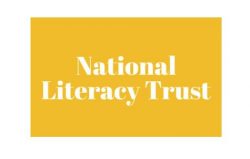
Encouraging your child to write is an important way to support their development both academically and as a person. As research indicates writing enables young people to express...
Posted by Claire Till

Mr Knowles was delighted to see the return of all our year 12 drama students who returned to school for a 2 hour drama session this week. They decided that after months of working...
Posted by Suresh Varsani

Dear all our Parents and Carers, We are slowly returning to a new kind of normal and it is lovely to see our wonderful school buzzing with small groups of students again. We have...
Posted by Roa Dillon

Usually at this time of year in the arts faculty we would be finishing off end of year assessments; moderating the high quality GCSE and A-level art work and finalising...
Posted by Greg Knowles

It has been a delight for me, during these strange times, to receive students’ Reading Award work and see what they’ve been reading – I have certainly added a few books to...
Posted by Teresa Turton

The Dance Department have been making a few changes, ready to put into practice in the next academic year. New Units! Myself and Miss Dolan have introduced new unit topics into...
Posted by Eliz Noyan

As we near the end of the academic school year we can reflect on the many achievements of the anti-bullying ambassadors. Although they were unable to fulfill all their plans they...
Posted by Helen Mateides
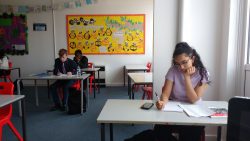
After an eight week period of physical distance, Year 12 students were able to enjoy their first face-to-face lesson with their humanities and social sciences teachers last week. ...
Posted by Stephanie Knowles

Most of us have been having a fair few of those since the lockdown began, both literal and metaphorical. Like many idioms, the origin is uncertain, although it seems to be one of...
Posted by Lynn Court
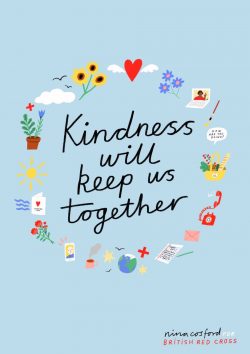
Posted by Sara Ash - Deputy Headteacher
Encouraging your child to write is an important way to support their development both academically and as a person. As research indicates writing enables young people to express feelings that they may otherwise not have the confidence to share as well as developing key thinking skills. One such piece of research is by The National Literacy Trust. In fact, they have just published their results from a survey into the writing habits of UK children aged 9-18 during lockdown (between May and June).
With over 58000 children responding to their questions the publication provides interesting reading. Overall, the survey found that 39% of children at the beginning of the year stated they enjoyed writing with 17% going on to say that they had enjoyed writing more during the lockdown period than previously. Reasons given for this included the children having more time to write, greater access to digital forms of writing, and wellbeing. Indeed, 41.3% of the children surveyed found that writing made them feel better. 79% of these children had chosen creative writing expressing themselves through letters and short stories. In examining the survey, it was apparent that lockdown had a significant impact on children’s writing especially for those who said writing made them feel better.
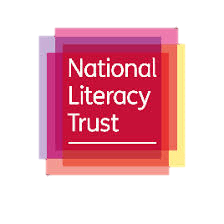 During the lockdown, these children reported being five times more likely to write poems and four times more likely to write a diary than their peers. The importance of creative writing for children in terms of the positive impact that it has on their mental health, therefore, appears to be supported by the National Literacy Trust Survey 2020.
During the lockdown, these children reported being five times more likely to write poems and four times more likely to write a diary than their peers. The importance of creative writing for children in terms of the positive impact that it has on their mental health, therefore, appears to be supported by the National Literacy Trust Survey 2020.
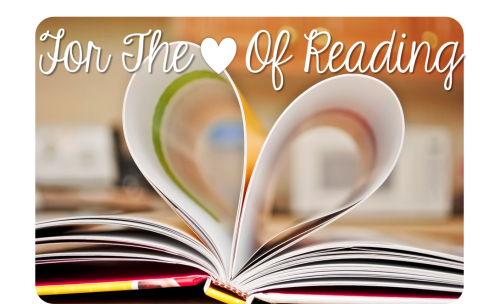
Every new year brings a whole heap of resolutions, but why not make to ‘read more’ one of yours? As you will have seen from my other article this week, we’ve been busy in the LRC...